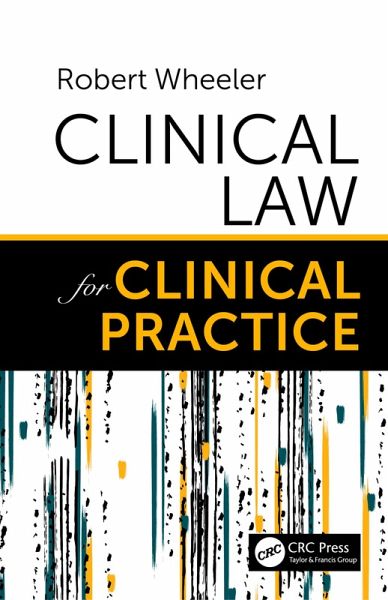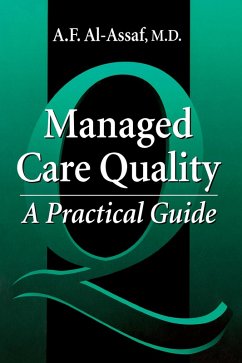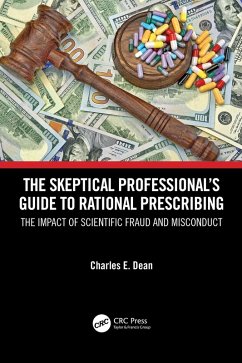
Clinical Law for Clinical Practice (eBook, ePUB)
Versandkostenfrei!
Sofort per Download lieferbar
32,95 €
inkl. MwSt.
Weitere Ausgaben:

PAYBACK Punkte
16 °P sammeln!
Clinicians must practice medicine in conformity with regulatory requirements. That is the daily challenge, and those requirements have been founded on medical law.This book describes clinical law. A series of 62 brief commentaries are described, each setting out an important clinical legal case decided in an English court. The clinical relevance of the judgement is explained, together with how it should influence the care of the patient. Clinical readers are given skeleton guidance by their regulators, but almost no specific tuition as to how to apply it. This book sets out how clinical law ha...
Clinicians must practice medicine in conformity with regulatory requirements. That is the daily challenge, and those requirements have been founded on medical law.
This book describes clinical law. A series of 62 brief commentaries are described, each setting out an important clinical legal case decided in an English court. The clinical relevance of the judgement is explained, together with how it should influence the care of the patient. Clinical readers are given skeleton guidance by their regulators, but almost no specific tuition as to how to apply it. This book sets out how clinical law has been applied in numerous cases, and thus provides guidance which is directly applicable to every clinician's practice in the United Kingdom.
Although most court cases concentrate on the medical aspects of patients' care, the common currencies within clinical law touch on all clinical professions. Doctors, physiotherapists and others take consent every day; pharmacists must protect confidentiality; speech therapists consider the capacity of their patients; and nurses wrestle with discussions relating to whether their patients wish to be resuscitated
The book is directed at members of the eight regulated clinical professions, the lawyers who deal with disputes, and all potential patients.
About the Author
Robert Wheeler, RCS MS LLB(Hons) LLM is a Consultant Neonatal and Paediatric Surgeon. He is the Associate Medical Director for the Department of Clinical Law, University Hospital of Southampton, Southampton Hampshire, England and Honorary Senior Lecturer, University of Southampton.
https://www.uhs.nhs.uk/HealthProfessionals/Clinical-law-updates/Clinicallawupdates.aspx
This book describes clinical law. A series of 62 brief commentaries are described, each setting out an important clinical legal case decided in an English court. The clinical relevance of the judgement is explained, together with how it should influence the care of the patient. Clinical readers are given skeleton guidance by their regulators, but almost no specific tuition as to how to apply it. This book sets out how clinical law has been applied in numerous cases, and thus provides guidance which is directly applicable to every clinician's practice in the United Kingdom.
Although most court cases concentrate on the medical aspects of patients' care, the common currencies within clinical law touch on all clinical professions. Doctors, physiotherapists and others take consent every day; pharmacists must protect confidentiality; speech therapists consider the capacity of their patients; and nurses wrestle with discussions relating to whether their patients wish to be resuscitated
The book is directed at members of the eight regulated clinical professions, the lawyers who deal with disputes, and all potential patients.
About the Author
Robert Wheeler, RCS MS LLB(Hons) LLM is a Consultant Neonatal and Paediatric Surgeon. He is the Associate Medical Director for the Department of Clinical Law, University Hospital of Southampton, Southampton Hampshire, England and Honorary Senior Lecturer, University of Southampton.
https://www.uhs.nhs.uk/HealthProfessionals/Clinical-law-updates/Clinicallawupdates.aspx
Dieser Download kann aus rechtlichen Gründen nur mit Rechnungsadresse in A, B, BG, CY, CZ, D, DK, EW, E, FIN, F, GR, HR, H, IRL, I, LT, L, LR, M, NL, PL, P, R, S, SLO, SK ausgeliefert werden.













